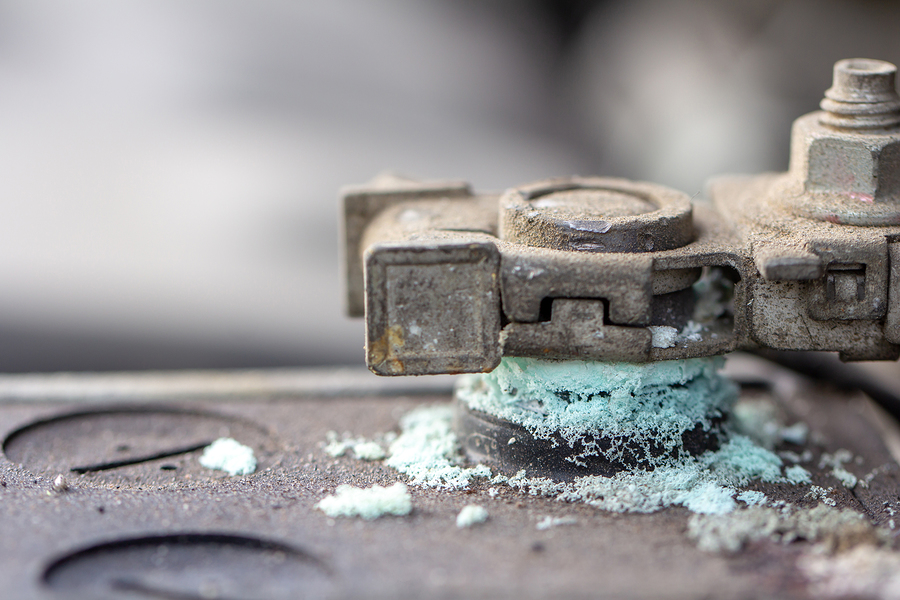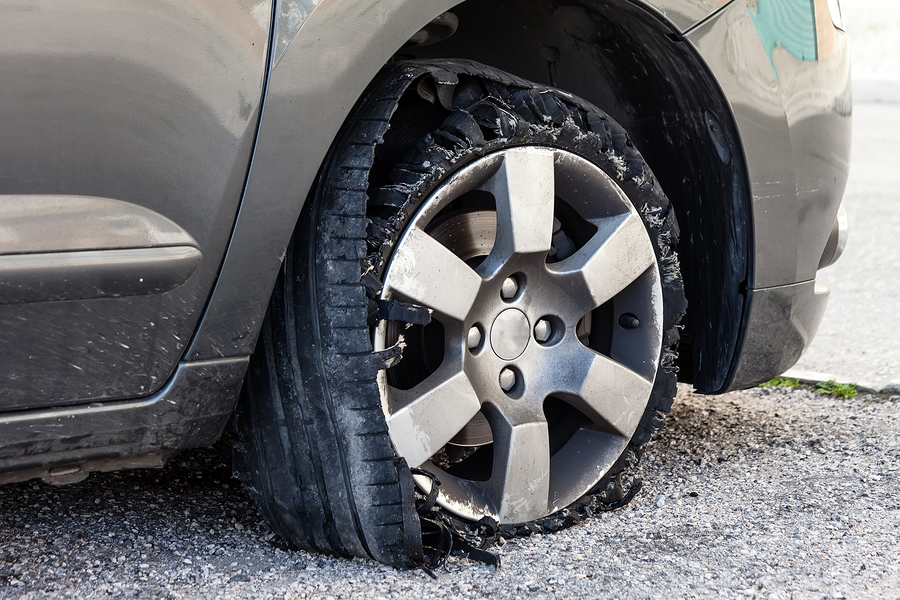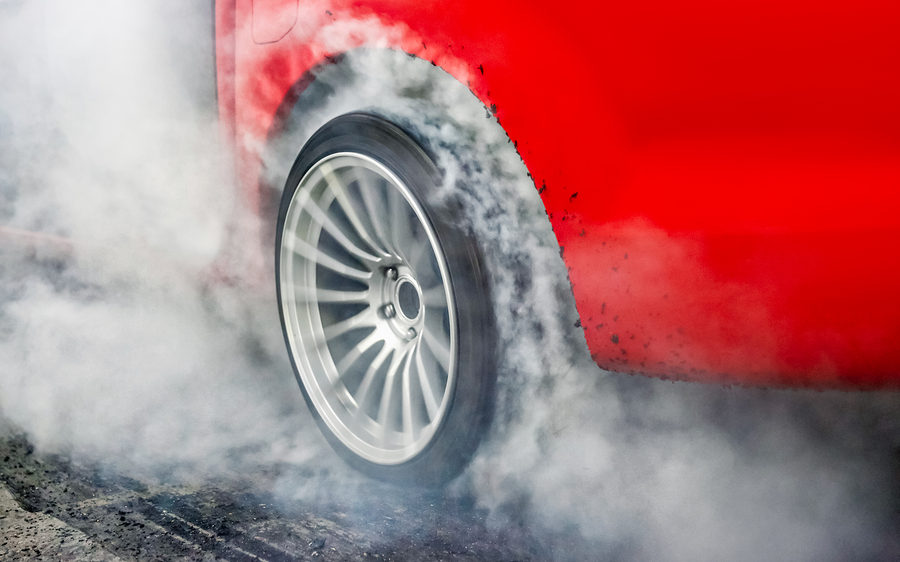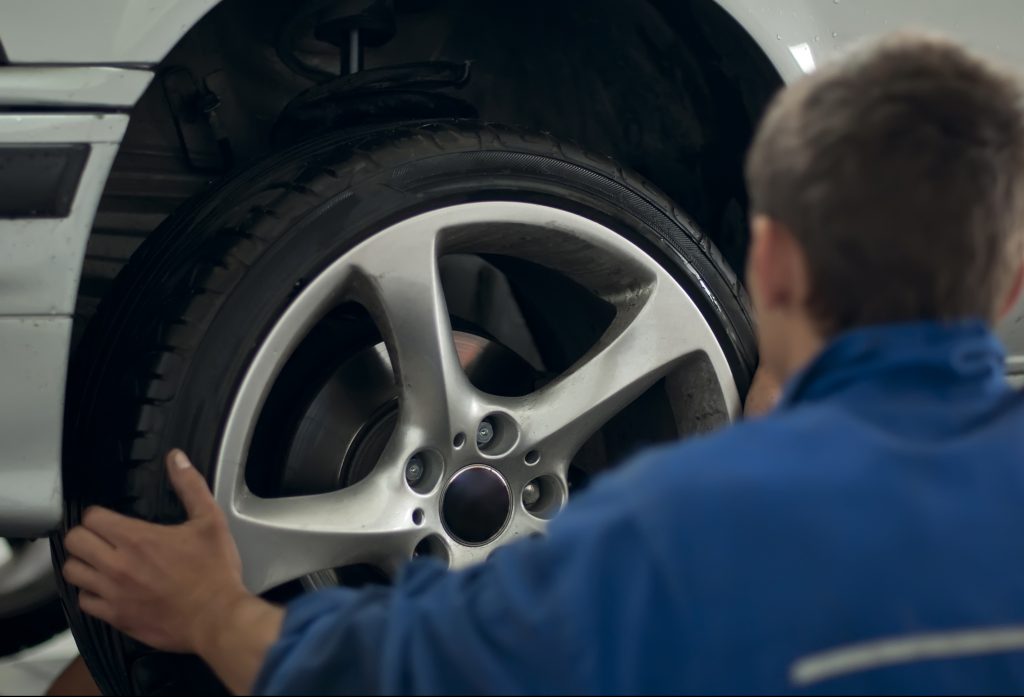It’s happens to most drivers, the situation of the unexpected that car battery. And why does it always seem to happen when you’re already late for something, or on your way to work? A dead car batteries never convenient nor does it ever occur at a convenient time.
Fortunately, a dead car battery can be easily resolved with either service or replacement; so there is never a need to worry if the situation never arises. There are multiple reasons why your car battery may be dead. From parasitic draw and sulfation, to car accessories, water loss, and corrosion, that car batteries are a result of many influences.
Continue reading to learn more about why your car battery may have died and what to do to get your car back on the road again.

Top Reasons Why Car Batteries Die
Drainage
One of the most common reasons why a car battery dies is due to drainage. Have you ever left your lights on overnight only to find your car will start the morning? This is a common occurrence in one of the most frequent reasons why people have dead car batteries. The simplest solution for this issue is a jumpstart. This involves using a set of tools called jumper cables and requires a second vehicle or battery charging.
Water Loss
Another common reason for dead car batteries is water loss. Of course, modern-day automotive batteries are sealed and maintenance-free, so there’s no need to refill water as you go; however, many of these same batteries also retain a water level indicator that lets you know if the water level is sufficient or not. Water plays a critical role in the electro-chemical equation of car battery, so when the water level is insufficient it can affect how the car battery functions. When the water level is too low or completely empty, the electrolytes are imbalanced thus causing the battery cells to become too acidic. This leads to sulfation on the battery plates, which is our next topic. As for water loss, most car batteries have’s that can be unscrewed so you can fill the cells up with distilled water.
Sulfation
Sulfation is another reason my car batteries die. Sulfation occurs when batteries are left sitting for long periods of time without being charged. And the longer they sit, the worse the sulfation gets. Lead sulfate crystals form on the battery plates, causing the current within the electrolyte to diminish. Often times, a battery that has too much sulfation is not repairable. But in minor to moderate cases, slow trickle charging or pulse charging the battery are usually effective solutions.
Corrosion
Corroded battery terminals are another common reason why your car battery might be dead. Corrosion and battery terminals interrupts the flow of electrons between the anode and cathode. By regularly inspect in both negative and positive battery terminals, you can catch this problem early on and resolve it with professional car battery repair or replacement. Corrosion can also occur due to electrolysis taking place from the different metals on the terminals and cables, or if there’s an imperfect seal between terminal posts and plastic casing. That would allow sulfur acid to leak into the terminals.
What To Do if You Get Stranded With a Dead Car Battery
Call Zore’s Inc. at 317-247-8484 for friendly 24 hour towing, recovery, and roadside assistance and advice in Central Indiana. We open a family-owned and operated business for 90 years, so you can trust us for prompt and professional service. We are open 24 hours a day, seven days a week, and 365 days a year, so our certified tow truck operators can be there for you anytime, any day! Request free estimates, anytime.






